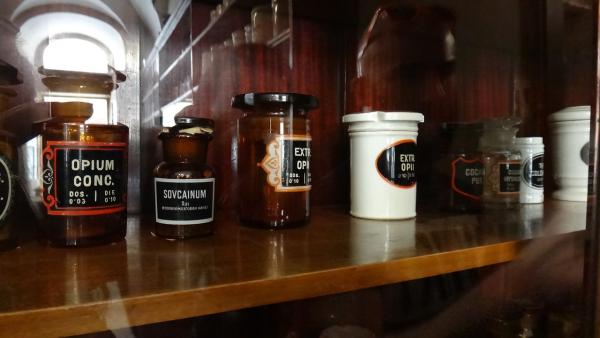More than 90 Chinese companies openly sell fentanyl precursor to any willing buyer. Since 2018, cryptocurrency has been used to pay between $27 and $37 million for these materials.
 Cryptocurrency tracing firm Chainanalysis reported,
Cryptocurrency tracing firm Chainanalysis reported,
“[Their] researchers found that the largest fraction of the transactions, about $9 million, appeared to be with Europe, followed by about $8.2 million to North America.”
It seems odd that these Chinese firms use a traceable currency, but as long as they can identify exchanges willing to trade crypto for cash, what do they care? The researchers suggested that the crypto exchanges, like the now infamous FTX, might serve as choke points in the fentanyl supply chain.
Under US regulations, cryptocurrency exchanges must implement robust know-your-customer (KYC) procedures to verify the identities of their customers. This typically involves collecting personal information, such as names, addresses, and government-issued identification documents, from individuals or entities that want to use the exchange's services. Exchanges may also be required to report suspicious transactions and comply with record-keeping requirements. But many cryptocurrency exchanges are off-shored, and their transactions are only regulated when they sell to a US customer or involve securities. Fentanyl sold to drug cartels is neither.
What about China?
In testimony before the House Subcommittee on National Security, Illicit Finance, and International Financial Institutions, a representative of the Brooking’s Institute said,
“Unlike the US Government, which seeks to delink counternarcotics cooperation with China from the overall bilateral geostrategic relationship, China subordinates its counternarcotics cooperation to its geostrategic relations. As the relationship between the two countries deteriorated, China’s willingness to cooperate with the United States declined. Since 2020, China’s cooperation with US counternarcotics efforts, never high, declined substantially. In August 2022, China officially announced that it suspended all counternarcotics and law enforcement cooperation with the United States. …
The United States blames China for poor domestic enforcement of its regulations, inadequate actions against Chinese drug smugglers and money launderers, and insufficient regulatory oversight of its non-scheduled chemicals. Highlighting that it does not have any fentanyl abuse problem and thus that its regulatory actions are motivated purely to help the United States, China rejects Washington’s claims and blames the opioid epidemic solely on America’s internal failings.”
China is the largest market for illegal animal products; some of these products may also figure into fentanyl transactions. Once incorrectly believed to be the source of COVID in Wuhan’s “wet markets,” Pangolins are the most globally illegally trafficked mammal, most if not all headed for China.
One can argue that Chinese-fueled fentanyl is no different from British actions during the Opium Wars. China had recognized that opium was “the opiate of the masses” and sought to prohibit its import. Britain wanted to expand its markets and use the Opium trade as a pretext. Today China intends to expand its global influence and reach. The illicit sale of fentanyl precursors is one way to disrupt US society by playing upon one of our vulnerabilities.
Source: Chinese Labs Are Selling Fentanyl Ingredients for Millions in Crypto Wired




